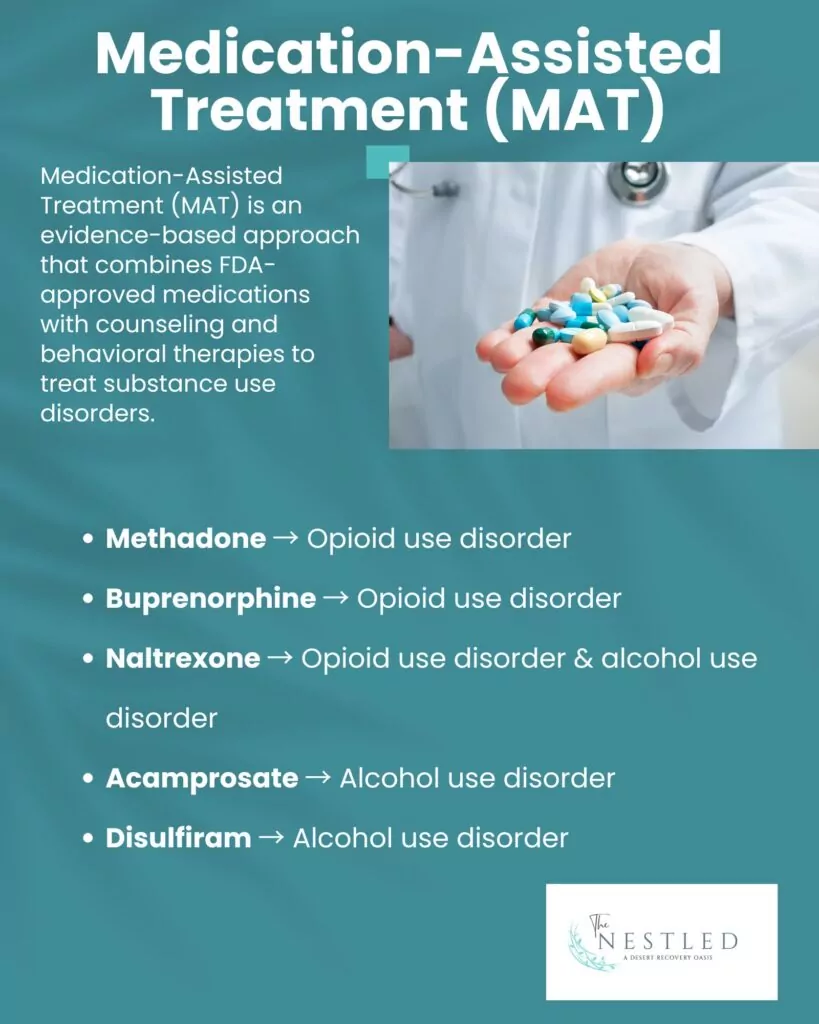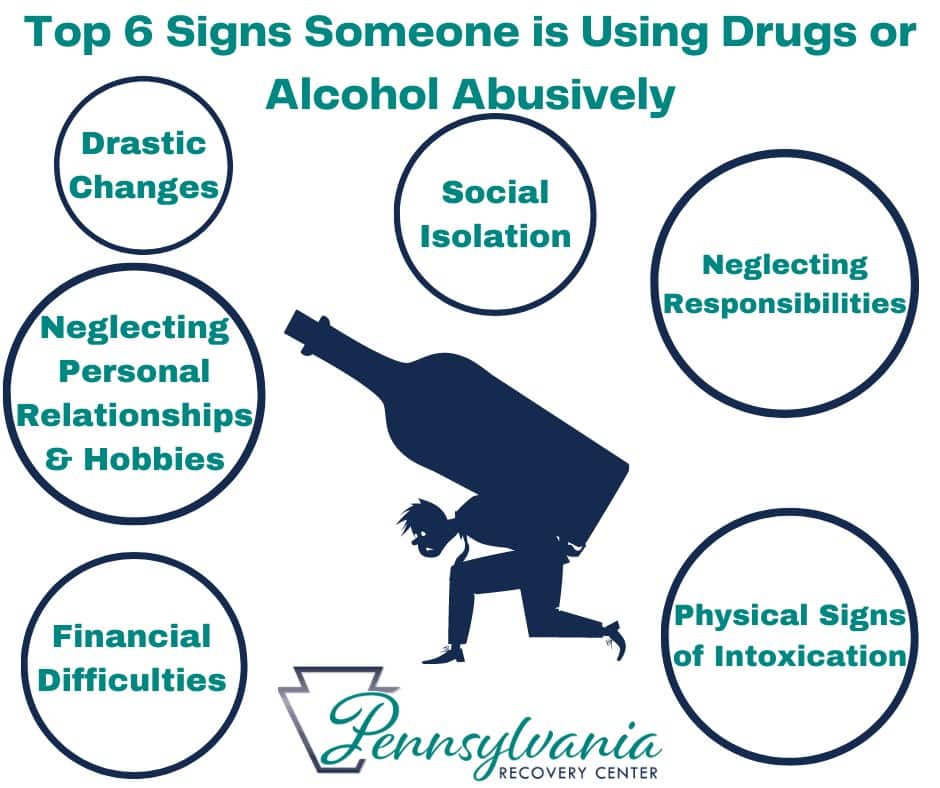Understanding Drug Abuse Rehab: A Course Toward Healing and Recuperation
Drug abuse rehabilitation is more than simply an area to quit utilizing drugs or alcohol-- it is a transformative journey that assists individuals rebuild their lives, recover their mental health and wellness, and rediscover objective. Addiction affects not just the body however additionally the mind and emotions, typically leaving individuals feeling powerless and entraped. Rehabilitation centers give a structured, compassionate environment where individuals can break cost-free from the chains of dependency and recover. Via treatment, treatment, and emotional assistance, rehab helps customers restore control of their lives one action at a time.
The Root Reasons of Addiction: Recognizing Why People Get Addicted
 Dependency seldom takes place in seclusion. It is the outcome of an intricate mix of organic, psychological, and social factors. For some, genes contribute-- certain people might be a lot more predisposed to dependency due to acquired attributes that affect exactly how their mind reacts to materials. Others turn to medications or alcohol as a method to cope with psychological pain, tension, or injury. When life really feels frustrating or unbearable, substances can provide a short-lived getaway, numbing pain or creating a false feeling of alleviation. In time, nonetheless, that alleviation comes to be reliance, and dependence advances into dependency.
Dependency seldom takes place in seclusion. It is the outcome of an intricate mix of organic, psychological, and social factors. For some, genes contribute-- certain people might be a lot more predisposed to dependency due to acquired attributes that affect exactly how their mind reacts to materials. Others turn to medications or alcohol as a method to cope with psychological pain, tension, or injury. When life really feels frustrating or unbearable, substances can provide a short-lived getaway, numbing pain or creating a false feeling of alleviation. In time, nonetheless, that alleviation comes to be reliance, and dependence advances into dependency.Ecological aspects additionally substantially contribute to substance misuse. Growing up in a home where medication or alcohol use is stabilized boosts the possibility of creating addictive actions later in life. Peer stress, particularly throughout adolescence, can likewise push people towards trial and error with medicines or alcohol. Additionally, direct exposure to chronic stress and anxiety, economic battles, or unstable connections can make people much more vulnerable to seeking compounds as a coping device. Oftentimes, individuals do not start using medications to end up being addicted-- they do it to really feel much better, getaway fact, or obtain control over their emotions.
 Mental health and wellness problems are an additional major factor in dependency growth. Problems such as stress and anxiety, depression, PTSD, and bipolar problem usually exist side-by-side with drug abuse, creating what is called a dual diagnosis. People battling with mental health and wellness challenges may turn to medications or alcohol to self-medicate and alleviate signs. Compound use just intensifies these problems over time, creating a harmful cycle that can be hard to damage. Recognizing these source is vital because addiction therapy must deal with both the signs and the underlying issues to accomplish real recuperation.
Mental health and wellness problems are an additional major factor in dependency growth. Problems such as stress and anxiety, depression, PTSD, and bipolar problem usually exist side-by-side with drug abuse, creating what is called a dual diagnosis. People battling with mental health and wellness challenges may turn to medications or alcohol to self-medicate and alleviate signs. Compound use just intensifies these problems over time, creating a harmful cycle that can be hard to damage. Recognizing these source is vital because addiction therapy must deal with both the signs and the underlying issues to accomplish real recuperation.How Rehab Can Aid Individuals Reconstruct Their Lives
Recovery supplies hope, structure, and healing for those having problem with addiction. The primary step in rehabilitation often involves detoxing, where the body removes all traces of medicines or alcohol. This stage is clinically managed to make certain safety and security and comfort as withdrawal signs can be physically and mentally challenging. Doctor check customers carefully, in some cases utilizing medication-assisted treatments to ease symptoms and lower desires. Detoxification establishes the foundation for long-term recovery, preparing people to engage in therapy and other aspects of treatment with a clear mind.
 After detox, the focus changes to treatment and therapy. Cognitive-behavioral treatment (CBT), team treatment, and individually counseling sessions help individuals identify the thoughts and habits that led to compound usage. These healing strategies encourage clients to develop healthy and balanced coping devices, boost psychological policy, and reconstruct self-esteem. Rehab facilities additionally give holistic therapies such as art, yoga, reflection, and songs, which urge psychological expression and spiritual healing. Through consistent therapy, customers find out that healing is not almost avoiding substances yet concerning transforming their attitude and way of life.
After detox, the focus changes to treatment and therapy. Cognitive-behavioral treatment (CBT), team treatment, and individually counseling sessions help individuals identify the thoughts and habits that led to compound usage. These healing strategies encourage clients to develop healthy and balanced coping devices, boost psychological policy, and reconstruct self-esteem. Rehab facilities additionally give holistic therapies such as art, yoga, reflection, and songs, which urge psychological expression and spiritual healing. Through consistent therapy, customers find out that healing is not almost avoiding substances yet concerning transforming their attitude and way of life.Rehab also gives neighborhood-- a powerful element in healing. Lots of people who deal with dependency feel separated or misinterpreted. In rehab, they are surrounded by people who share comparable struggles and goals, cultivating a feeling of belonging and responsibility. Team therapy sessions permit customers to share their experiences and motivate one another. The bonds created in rehab frequently continue past therapy, becoming a critical part of lasting support networks. This environment of understanding and compassion can make the difference between regression and continual recuperation.
Checking Out the Various Types of Therapy basically Abuse Rehab
There are numerous sorts of treatment programs available basically abuse rehabilitation, each made to deal with different degrees of addiction intensity and personal requirements. Inpatient rehab programs are amongst the most detailed, offering 24/7 guidance and care in a residential setting. Clients live at the center for several weeks or months, immersing themselves in a distraction-free and organized environment that concentrates entirely on recuperation. Inpatient programs are optimal for people with serious addictions, co-occurring mental health concerns, or unpredictable home environments.
Outpatient therapy, on the various other hand, supplies a lot more versatility. Customers continue living in your home while attending scheduled treatment sessions numerous times a week. This kind of program permits individuals to maintain family members, work, or school responsibilities while still receiving specialist support. Outpatient rehab is often best suited for those with moderate to modest dependencies or as a step-down change after completing an inpatient program. It offers continued responsibility and support of healthy and balanced habits learned during earlier phases of recovery.
An additional important form of treatment is partial hospitalization or intensive outpatient programs (IOPs) These programs integrate the intensity of inpatient rehabilitation with the flexibility of outpatient treatment. Clients participate in treatment for a number of hours a day, multiple times a week, and return home later. This framework ensures that individuals get intensive treatment while slowly reintegrating right into day-to-day life. Whether inpatient, outpatient, or IOP, the best goal of all treatment programs is to help people develop a lasting, substance-free way of living and equip them with tools to deal with life's obstacles without resorting to drugs or alcohol.
Various Programs Used in Rehabilitation Facilities
Rehab facilities use a selection of specialized programs to satisfy the varied needs of their clients. Detoxification programs are frequently the very first step, concentrating on safely handling withdrawal symptoms and stabilizing customers before treatment begins. When detoxification is full, individuals change into recovery programs that target psychological, behavioral, and psychological recovery. These might include specific therapy, where customers function individually with qualified therapists to discover the root triggers redirected here of dependency, along with team treatment, which fosters peer assistance and shared recovery experiences.
Several centers also provide twin diagnosis programs for individuals battling with both material use and psychological wellness disorders. Dealing with both concurrently is essential, as disregarding one can hinder development in the various other. These programs incorporate psychological care, medicine monitoring, and therapy to produce a well balanced and extensive approach to recovery. Furthermore, household treatment plays a key role in healing damaged relationships and reconstructing trust fund. Family members learn about addiction characteristics, interaction strategies, and just how to sustain their enjoyed ones during and after therapy.
Some rehabilitation facilities additionally provide customized programs tailored to specific demographics, such as veterans, teens, women, or professionals. Others integrate alternative and alternate treatments like mindfulness training, fitness, nourishment therapy, and outside tasks to advertise total well-being. Furthermore, aftercare and relapse prevention programs aid customers change back right into day-to-day life with ongoing support. These programs highlight developing a solid recuperation network, establishing objectives, and preserving liability to make certain long-term success beyond the rehabilitation experience.
The Long-Term Significance of Material Misuse Rehabilitation and Recuperation Assistance
Finishing a rehabilitation program is only the beginning of the recovery journey. Lasting sobriety requires ongoing dedication, self-awareness, and assistance. hop over to here Lots of individuals proceed with aftercare programs, which consist of therapy, peer group meetings, and check-ins with therapists. These recurring sessions strengthen dealing approaches and supply guidance throughout difficult times. By staying my company attached to a helpful community, people can avoid relapse and remain to grow directly and emotionally. Rehabilitation instructs that recuperation is not regarding excellence-- it's regarding progression and determination.
An additional crucial facet of sustained recuperation is lifestyle improvement. People that leave rehabilitation are encouraged to develop much healthier routines that support their wellness. This consists of participating in physical activity, exercising mindfulness, eating nourishing foods, and maintaining significant partnerships. When filled up, creating interests or leisure activities can also replace the void that compounds. Several recovering individuals find satisfaction in volunteering, going after education and learning, or aiding others in recovery. These positive changes reinforce the new, sober identity they've developed during rehab.
Ultimately, chemical abuse rehab is regarding providing individuals the tools to recover their lives. It supplies a structure for healing the spirit, body, and mind, aiding people uncover that life without addiction is not just feasible yet deeply fulfilling. Every success tale starts with the courage to seek aid, and rehabilitation facilities exist to assist individuals through that transformative journey. With the appropriate therapy, assistance, and decision, recuperation comes to be not just a possibility but a lasting fact.
Compound abuse rehabilitation is even more than just an area to stop using medicines or alcohol-- it is a transformative trip that assists people restore their lives, recover their psychological health and wellness, and rediscover purpose. In rehabilitation, they are surrounded by individuals who share comparable battles and goals, cultivating a sense of belonging and accountability. Outpatient rehab is commonly best suited for those with light to modest addictions or as a step-down change after completing an inpatient program. Inevitably, compound abuse rehabilitation is regarding offering individuals the devices to reclaim their lives. Every success tale begins with the nerve to seek aid, and rehabilitation centers exist to guide people with that transformative trip.